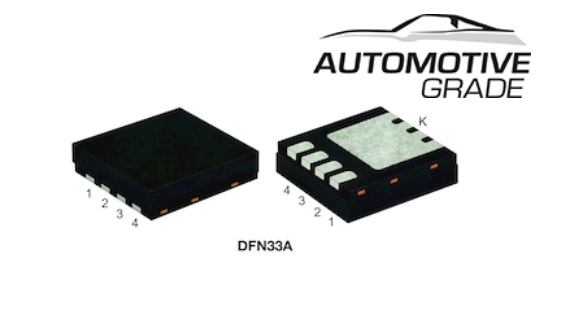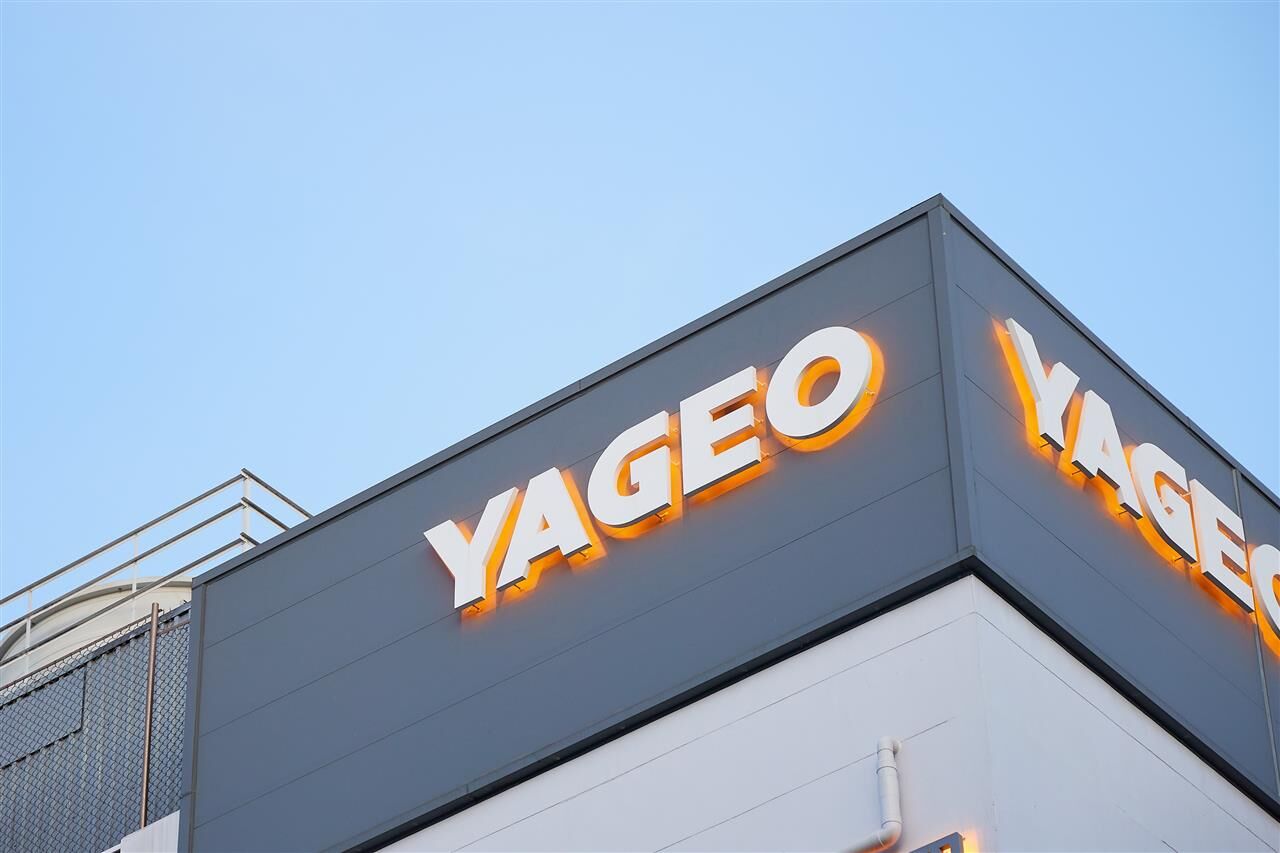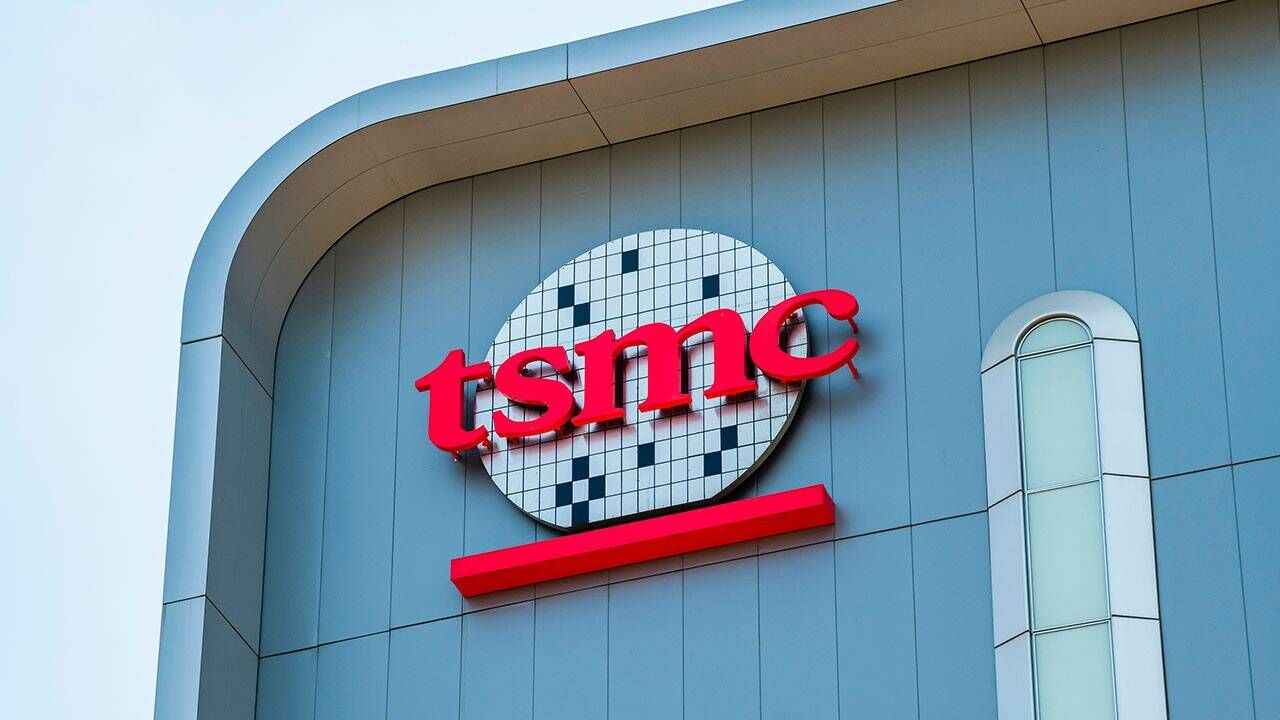semiconductor company Nvidia. Last September, Micron completed the development of its 12-layer stack HBM and showcased samples to customers, including Nvidia. During a February event hosted by Wolfe Research, Micron CFO Mark Murphy highlighted the advantages of the new product, stating that it reduces power consumption by 20% and increases capacity by 50% compared to competing 8-layer stack products. Murphy also projected that most of Micron’s HBM production in the second half of the year would be focused on the 12-layer stack.
The significance of HBM technology lies in its ability to vertically stack DRAM chips, which enhances data processing speed and bandwidth—key for high-performance computing, especially in AI applications using GPUs. With increasing demand for such advanced memory solutions, securing a supply contract with Nvidia has become increasingly important for memory manufacturers.
While Micron is poised to lead the market with its 12-layer stack HBM, Samsung Electronics finds itself lagging behind. The company has only recently entered the small-scale production phase for 8-layer stack products and has yet to complete testing for 12-layer stack products. Samsung plans to send Nvidia samples of its 12-layer stack HBM by the end of the month, though final delivery will depend on approval. This delay could impact Samsung’s competitive position, as technological leadership in the market often translates to increased market share and revenue.
Meanwhile, SK Hynix, another key semiconductor player, is accelerating the development of HBM4 to meet Nvidia’s requirements, with plans to complete it within the year. Samsung is also targeting HBM4 mass production by the end of the year, utilizing 10nm-class sixth-generation (1c) DRAM.
Mark Murphy also announced that the next-generation HBM4 is expected to ship next year, signaling continued innovation and rapid development in the semiconductor industry. As competition for advanced memory technologies intensifies, the ability to produce 12-layer stack HBM and even higher-level memory solutions will significantly impact the financial performance and market position of companies like Micron, Samsung, and SK Hynix.












All Comments (0)